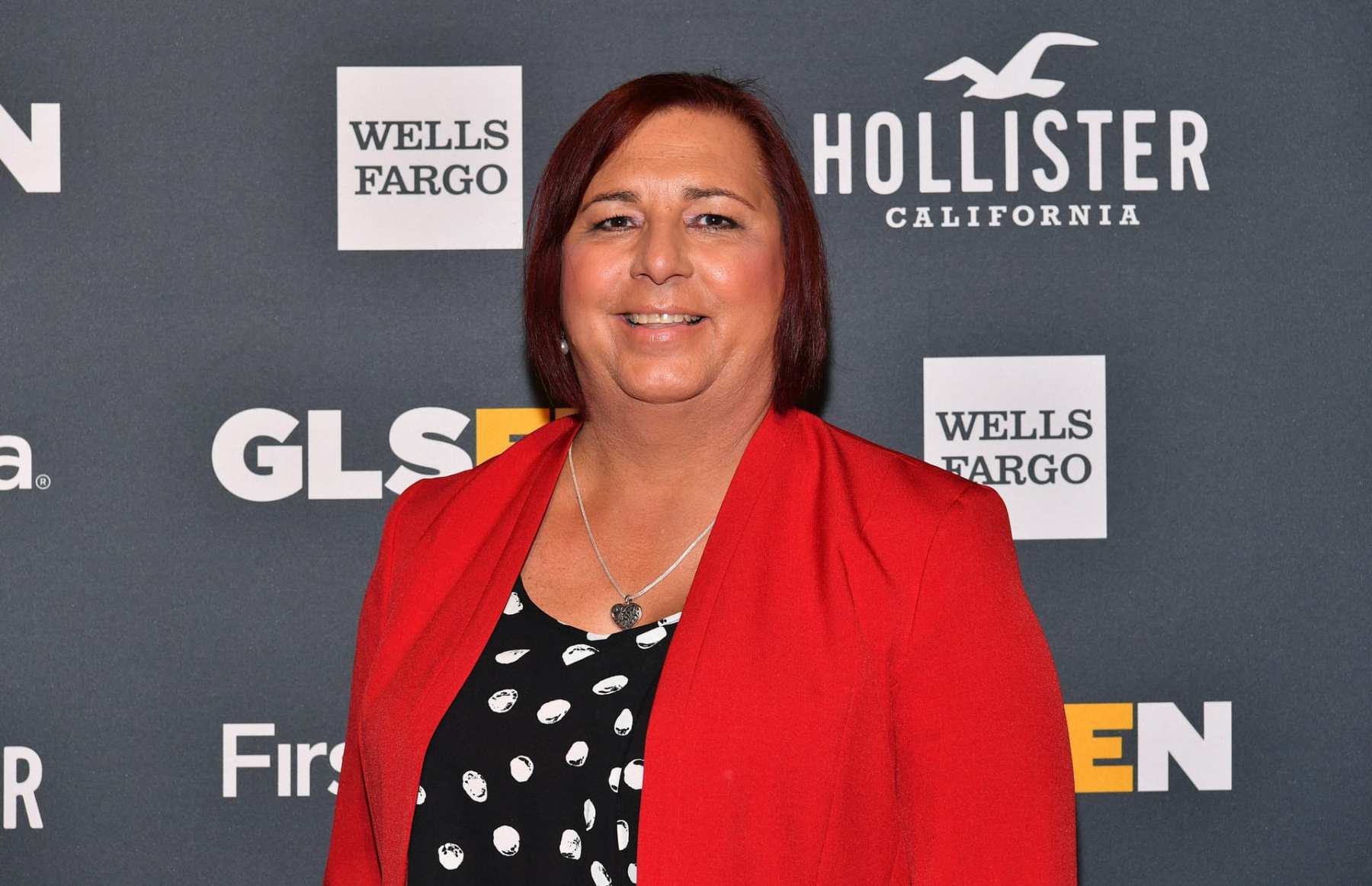We’re the only newsroom dedicated to writing about gender, politics and policy. Subscribe to our newsletter today.
The number of out transgender state lawmakers around the country will nearly double when legislatures return in 2021.
Six out trans candidates were either elected or reelected to statehouses in the 2020 election, according to vote results that will later be certified. All the candidates are Democrats.
Another trans lawmaker, Virginia Delegate Danica Roem, was not facing reelection this year; she won another two-year term in 2019. LGBTQ+ organizers credit Roem’s historic win for spurring more trans candidates to run; at least 16 were on the ballot for statehouses this election.
Voters also elected the country’s first out nonbinary state legislator, and expanded the number of out LGBTQ+ Black women in statehouses.
“We’re still kind of in these early nascent stages of building that level of LGBTQ political power,” said Samantha Allen, a trans journalist and author of the book “Real Queer America: LGBT Stories From Red States.” “I think what’s happening now is laying the groundwork for a more secure and stable future representation.”
There are currently four trans state lawmakers in America: Roem; Lisa Bunker and Gerri Cannon in the New Hampshire House of Representatives; and Brianna Titone in the Colorado House of Representatives. Bunker, Cannon and Titone were all elected in 2018 and won reelection this week.
Sarah McBride, a 30-year-old organizer in Delaware, became the first out trans person to be elected a state senator in American history on Tuesday. Stephanie Byers, a 57-year-old retired high school teacher and member of the Chickasaw Nation, became Kansas’ first out trans lawmaker and the first trans person of color to be elected to any statehouse. Taylor Small, a 26-year-old who works for a nonprofit that helps the LGBTQ+ community with health care needs, became the first out trans person to be elected to the Vermont statehouse.
Allen said the increase in trans lawmakers shows trans people can win elected office in both blue and red states, and that they will be key voices in opposing anti-trans legislation as state legislatures increasingly play bigger roles in determining policies that will have a direct impact on LGBTQ+ rights. The Trump administration has proposed removing nondiscrimination protections for LGBTQ people in areas like housing and health care. Members of a more conservative U.S. Supreme Court have suggested that marriage equality should be overturned.
“The goal posts are going to keep moving on what kinds of anti-trans bills start passing muster with extreme state legislatures,” Allen said. “You’re going to want trans people in there, because once a trans person is your colleague rather than some nameless, faceless bogeyman in your community, it’s that much harder to legislate against the trans community.”
Even unsuccessful bids offer insight. Jessica Katzenmeyer, a 41-year-old community organizer in Wisconsin, lost her race for the statehouse this week by 9.6 percentage points. The ride-share driver would have become the state’s first out trans lawmaker if elected. Katzenmeyer said representation on the ballot matters, and her fundraising showed there was enthusiasm for her policy proposals on issues like health care.
“We changed minds, I’m sure,” she said. “It shows that somebody who is like me can run a competitive campaign.”
Mauree Turner, a 27-year-old criminal justice organizer, was elected to the Oklahoma House of Representatives. They are the first out nonbinary state legislator in American history. There are currently just four out genderqueer or nonbinary elected officials in the country, according to a tally by the Victory Fund, which helps LGBTQ+ candidates run for office.
Out LGBTQ+ Black women also made history in statehouses around the country, representing either the first in their chamber or statehouse: Kim Jackson in the Georgia Senate; Michele Rayner in the Florida Legislature; Marie Pinkney in the Delaware Senate; and Tiara Mack in the Rhode Island Senate. With eight out LGBTQ+ Black women currently serving in statehouses (including the U.S. Virgin Islands), the figure is expected to expand.
Elliot Imse, senior communications director for Victory Fund, called the legislative wins a “highlight” of an election that also shows more out LGBTQ+ people won races for the U.S. House than ever before in history (seven incumbents and two non-incumbents). There are two LGBTQ+ senators.
Imse said he had hoped there would be more congressional wins for LGBTQ+ candidates. Two of those unsuccessful candidates, Jon Hoadley in Michigan and Gina Ortiz Jones in Texas, faced millions of dollars in anti-LGBTQ+ ads. And though Titone won reelection in Colorado, she also faced a flurry of anti-trans attack ads leading up to Election Day. In 2019 the Westboro Baptist Church, which the Southern Poverty Law Center designates as a hate group, organized a protest against Roem. She responded by encouraging supporters to donate to her reelection campaign.
“Attacks that use homophobia and transphobia to go after those candidates in the tightest races made an impact, and it’s definitely a wake up call for Victory Fund and for our community,” he said. “We’re going to need to find a way to go after those who will go after us.”
There are currently 28 out trans elected officials serving at any level of government in the United States, according to a tally by Victory Fund. Among other wins this week: Jill Rose Quinn was elected as a judge in Cook County, where Chicago is located. Quinn is the first out trans elected official in Illinois.
Katzenmeyer in Wisconsin said she was proud of her race, and hopes it inspires others to run.
“It takes a lot of guts. It takes a lot of courage, and we did it,” she said. “Obviously, it was one of the toughest things I’ve ever done in my life. But it’s also the most rewarding. Even losing.”






